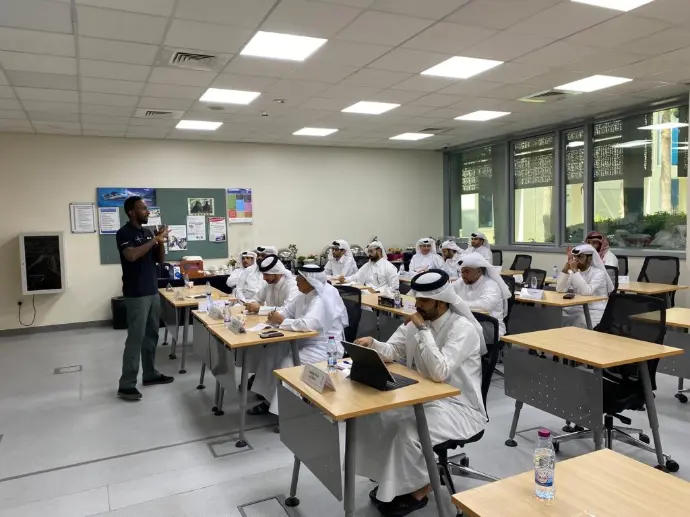Your Dynamic Snippet will be displayed here... This message is displayed because you did not provided both a filter and a template to use.
Our Vision
We believe true expertise is not a destination but a continuous journey of growth. By building tangible capacity and fostering an agile mindset, we equip our learners with the evolving skills and certified knowledge to not only pass exams but to lead with confidence, build safer worlds, and deliver exceptional value throughout their entire careers.

12
Efficient Features
45
Revolutionary Solutions
8
Stunning Designs
37